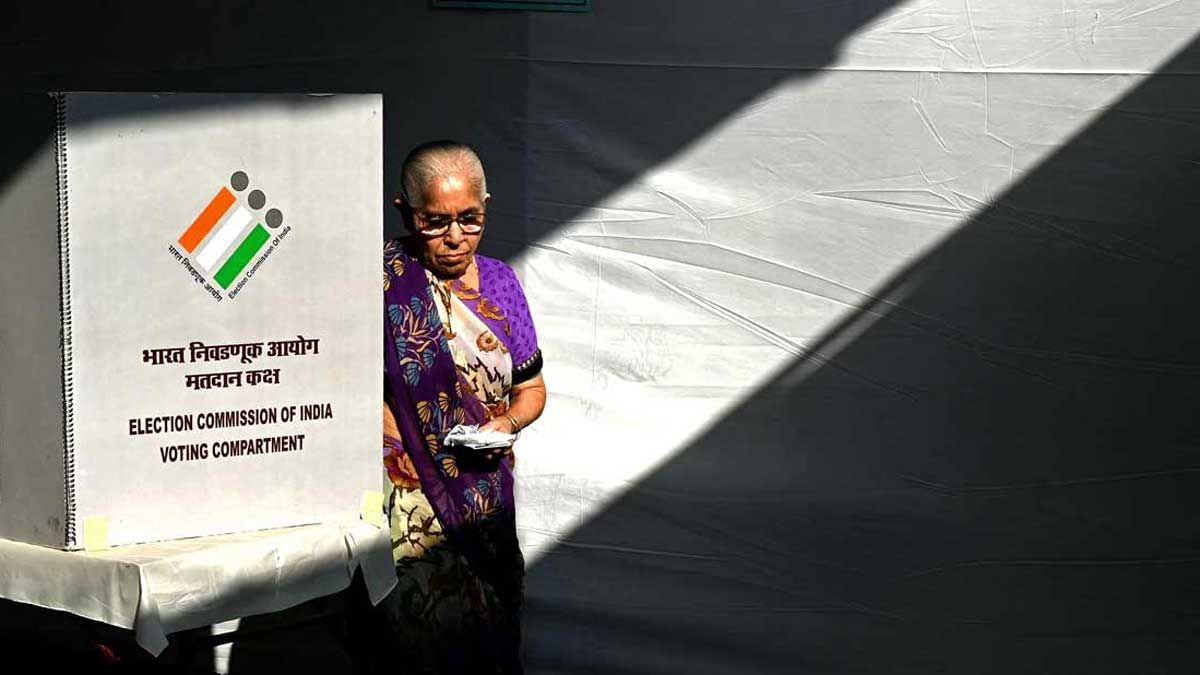Bihar elections: SIR rollout timing raises critical questions about electoral neutrality and political intent

With the Election Commission of India (ECI) reportedly preparing to launch a sweeping overhaul of electoral rolls across the country through a nationwide Special Intensive Revision (SIR), after Bihar, the move is likely to cause further friction between the election body and the Opposition parties.
The massive exercise is currently underway in Bihar, where the ECI claimed that of the nearly 7.9 crore registered voters in the state, Enumeration Forms (EFs) have been collected from over 6.6 crore, accounting for 83.66 per cent of the electorate. Preliminary data from the ECI shows that 1.59 per cent of electors were found to be deceased, 2.2 per cent had permanently shifted, and 0.73 per cent were registered in more than one location. This is the reason cited by the ECI to hold SIR is migration, urbanisation and even possible duplication necessitated cleaning up of the voters list.
The ECI is also relying on nearly one lakh Booth Level Officers (BLOs) and over 1.5 lakh Booth Level Agents (BLAs) from political parties, each of whom can certify and submit up to 50 enumeration forms per day. The poll body insists that no eligible voter will be left out.
The ECI claims that the Bihar leg of the exercise was going on smoothly. The learnings from this exercise will help the election body to replicate the formula in other states. Polls are due in half a dozen states in 2026, before which SIR will be carried out and followed in other states.
The ECI’s nationwide survey would, however, also depend on the Supreme Court hearing a bunch of petitions against revision. The next date of hearing is July 28. By that time, the parliament session will already be on, thus indicating that the session is set to be stormy as the opposition parties would raise the issue to corner the ruling government.
The ECI is drawing its power after the Supreme Court did not stay the SIR but also added that it was a “constitutional mandate”, allowing the ECI to continue its exercise in Bihar despite mounting political opposition.
Several opposition parties had approached the top court alleging that the intensive revision could disenfranchise a significant number of eligible voters, particularly those from vulnerable and marginalised communities.
The nationwide rollout of the SIR would be the first such exercise in nearly two decades for many states. With ECI engaging with the state Chief Electoral Officers (CEOs), some of them have already begun uploading electoral rolls from the last time a similar revision took place.
Delhi’s CEO has published the 2008 electoral roll, while Uttarakhand has made available its 2006 version. These rolls, last revised between 2002 and 2004 in most states, would serve as the baseline for the current revision exercise, much like the 2003 roll being used in Bihar.
While the ECI maintains that the process is aimed at identifying deceased voters, duplicates, and those who have permanently relocated, a central focus is the identification of illegal foreign migrants based on place of birth — a move that critics say echoes the failed National Register of Citizens (NRC) exercise.
However, opposition leaders are unconvinced. Calling the move politically motivated, several parties have alleged that the exercise is a backdoor attempt at voter suppression, particularly targeting the poor, the mobile urban population, and religious minorities. Congress described the proposed national exercise as 'a trauma for the nation', claiming that every Indian citizen will now be viewed with suspicion and their right to vote potentially jeopardised. The grand old party, along with its Bihar ally RJD, had already held protests in the state. When the exercise is extended to other states, the Opposition may rise in protests.
The controversy is likely to intensify as the ECI prepares for Assembly elections in Bihar later this year and in five other states — Assam, Kerala, Puducherry, Tamil Nadu and West Bengal — in 2026. These are politically volatile regions where the issue of citizenship and migration has historically played a divisive role. Against this backdrop, the timing of the SIR rollout raises critical questions about electoral neutrality and political intent.
India